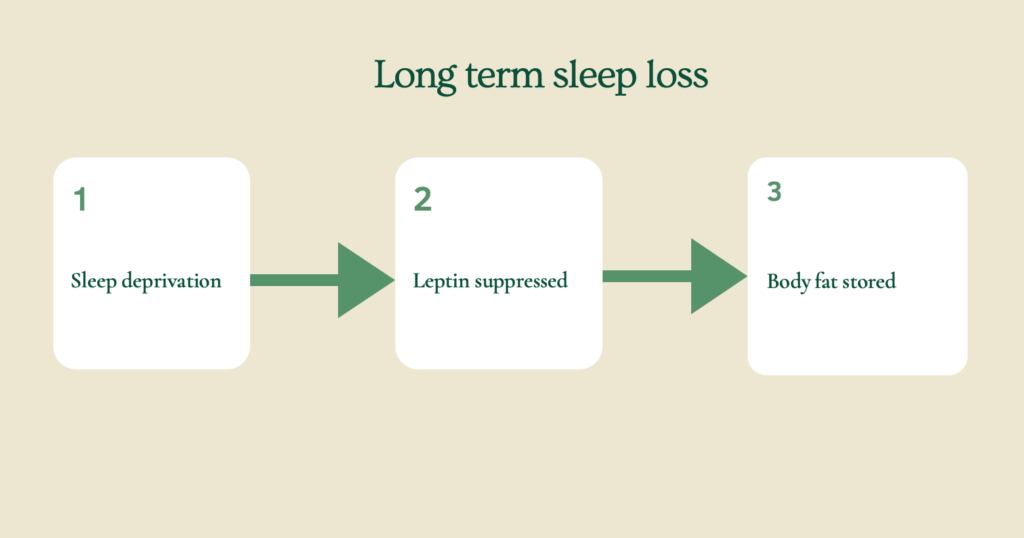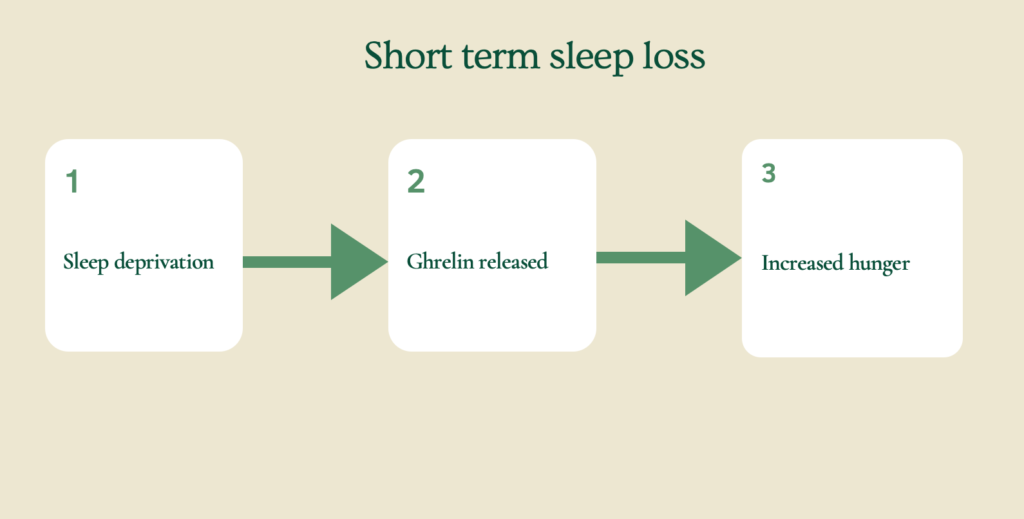Exercise and nutrition are not the only factors that contribute to weight loss – your sleep deprivation is making you overweight.
Are you filled with self-hate because you have gained weight since starting to work night shift?
Do you rely on will power to keep you from high calorie, high fat, salty foods when you are sleep deprived?
The first step to a healthy, Sustainably Productive life is to get the sleep your body needs. Let’s take a trip back to Biochemistry class to look at why. But no quizzes, exams or lab experiments this time, I promise!
Basic Biochemistry
There are a couple hormones that contribute to feelings of hunger: Ghrelin and Leptin.
Ghrelin is a hormone that increases hunger, while Leptin decreases hunger. I imagine Ghrelin looking like Stripe, the Gremlin. I also know my hunger can do some damage to a bag of kettle chips just like Stripe did damage to his world in Gremlins.

Tell me you don’t feel like this when your stomach is growling. Photo source: https://images.app.goo.gl/zxnFvyNbmb5DxzgT9
When you are sleep deprived, your body releases Ghrelin which leads to increased hunger. This seems to be primarily related to acute (short term) sleep loss.
Here is how this could look.
Short Term Sleep Deprivation
Let’s say you are a teacher nearing the end of the semester. You have piles of ungraded projects that need to be completed, then grades calculated and turned in by a non-negotiable deadline. Because of a looming final exam and end of term project, your students have lots of questions. They come to you in person and your after school/office hours time runs longer than usual.
Those that don’t see you in person send emails that you need to answer. There is no getting ahead so only after the last exam is taken and project turned in can you begin to grade. Long days turn into late nights until the work is done.
To keep you going through the pile of projects and exams you may get up early and stay up late for a few days until grades are turned in. This is short term sleep deprivation. Your body releases Ghrelin.
These are the times when a handful of M&M’s won’t do. Gone is the bag.
You seem hungrier than usual so you may eat more often and more.
This increased hunger leads to more snacking, which leads to weight gain. That short term sleep deprivation is making you overweight.
It is not lack of willpower – it is hormones your body releases thinking it is doing right by you. Something similar happens with long term sleep deprivation.
Long Term Sleep Deprivation
When you are sleep deprived, your body inhibits leptin which leads to increased appetite and storage of body fat. Data from the Wisconsin Sleep Cohort Study found that sleep deprivation is a greater contributor to obesity that hormone imbalance causing high leptin levels, and that sleep deprivation is directly linked to increased BMI. This seems to be primarily related to chronic sleep loss – continued sleep deprivation over time.
Shift work is an example of a situation where this would play out. Working overnight and sleeping during the day is counter to your natural sleep patterns and causes leptin to be suppressed, which leads to storage of body fat.
This long term sleep deprivation is making you overweight.

The reason for our bodies doing this goes all the way back to prehistoric times. In the Sustainable You Course you can learn about why your body thinks using Ghrelin and Leptin trying to be good to you as well as what to do to reduce this impact.
In the meantime, I invite you to give yourself a break. A healthy weight is not just about exercise and calorie intake. Take a good look at your sleep habits to see if there are changes you can make life more Sustainably Productive.

Leave A Comment